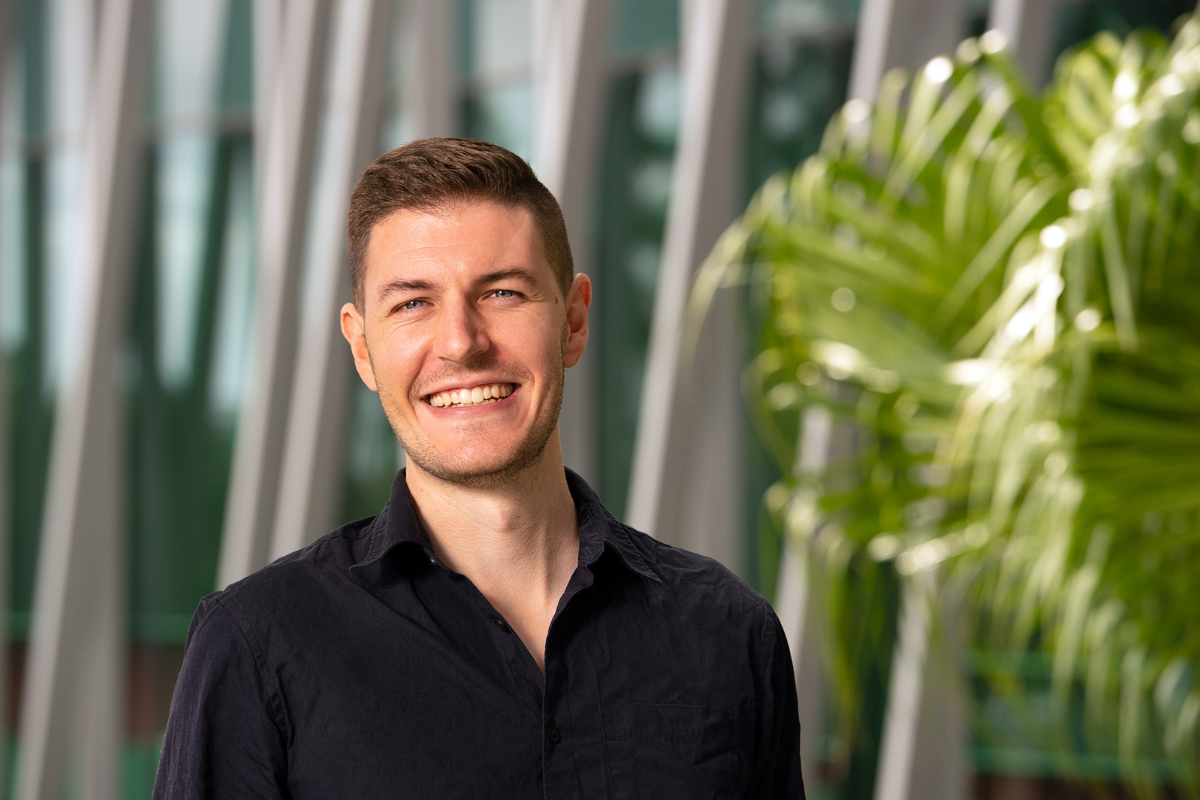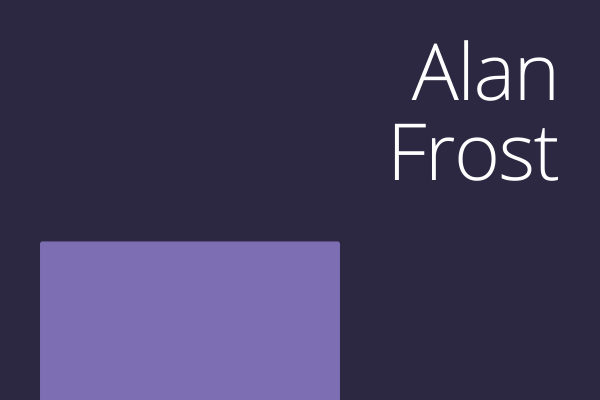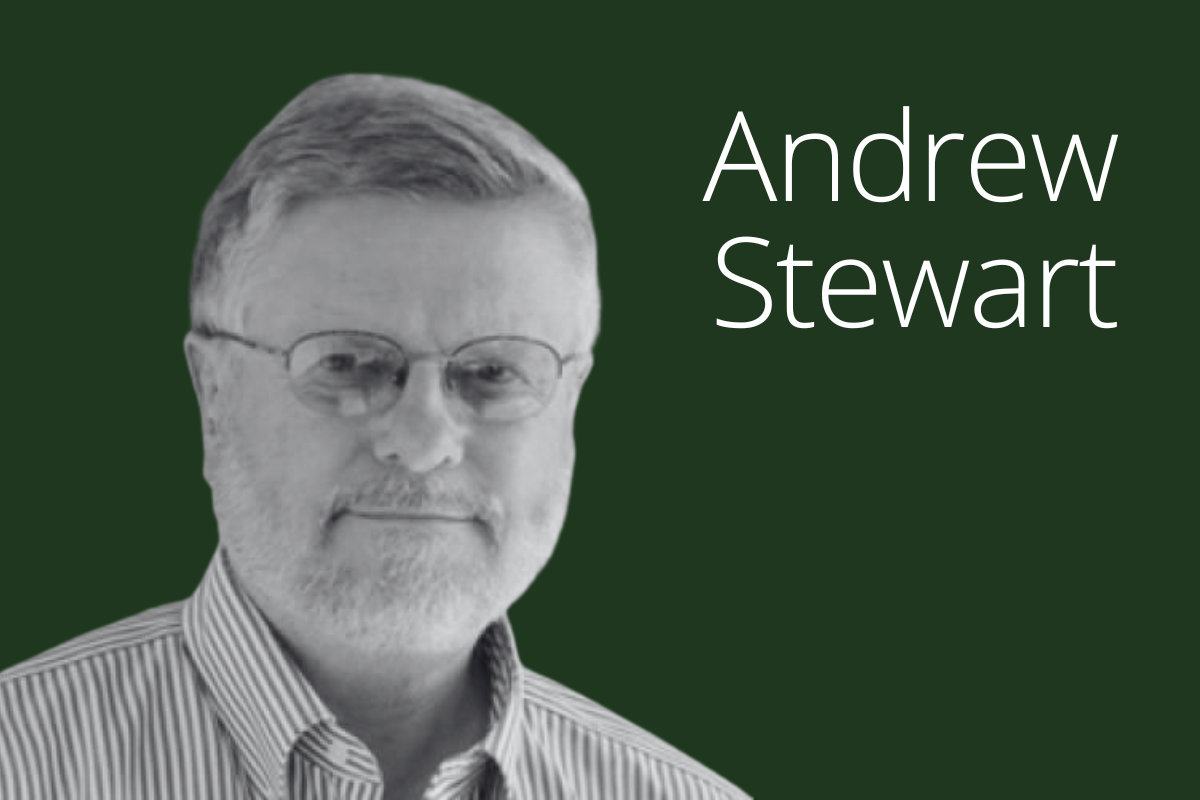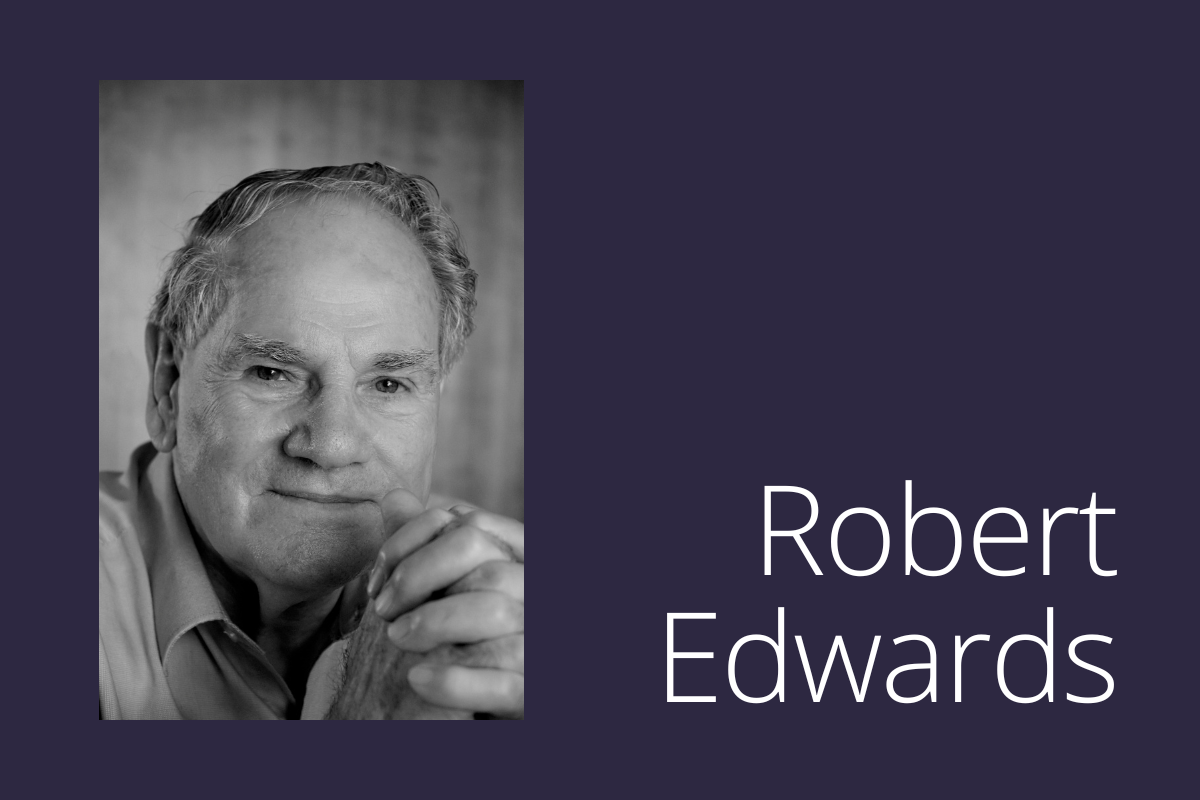What do you do when someone points a camera at you? Do you smile or hide? Perhaps you strike a pose or attempt to blend into the background.
As a photojournalist with a mission to present the world as accurately and authentically as possible, the tension TJ sensed between people and his camera was too fascinating to ignore. His curiosity drove him to research media psychology and camera reactivity – sparking a change in career.
This spark led him to what he is today: a highly respected scholar helping Australians to understand the media they consume; recipient of a three-year Australian Research Council grant; and 2023 winner of Australia’s most prestigious award for achievement and promise in the humanities: the Max Crawford Medal.
Understanding media matters

‘Having a more elevated sense of media literacy and engaging with trusted quality news sources helps people to be more engaged in society. Journalism is a place of public debate, exchange and conversation,’ TJ explains.
‘If you’re not connecting to the media, you’re missing out on that whole conversation. And public institutions and organisations involved in that debate are also missing out on your voice and participation in that debate.’
Sitting at the intersection of visual communication and journalism studies, TJ’s research helps people understand the media they consume and encourages them to consider where it comes from, who is making it and how it’s made or edited (think: generative visual AI).
Through a range of engagements – including a major campaign (with Associate Professor Tanya Notley) in partnership with the Australian Associated Press and Facebook calling on people to check their media facts – TJ helps Australians identify misinformation (things that are false or lacking context) and disinformation (claims that are intended to deceive) online.
Real representation of real people
TJ also looks at who is shown or is absent in visual media, and what that means.
‘I often focus on ordinary Australians – instead of so-called elites – regional and rural communities – instead of urban ones – covering the every day rather than special events,’ TJ explains.
In fact, one of the ARC-funded grants he is working on – a three-year research fellowship – is focussed on local visual news in regional and rural parts of Australia where visual news is being sourced and on the quality of representation in local visual news.
The other ARC-funded grant (with Associate Professor Tanya Notley, Professor Michael Dezuanni, Professor Sora Park, and Associate Professor Heather Ford) – a three-year linkage project – uses media literacy to try to combat misinformation in partnership with the ABC, National Film and Sound Archive, Museum of Australian Democracy and the Australian Library and Information Association.
Media in an AI world
The unique intersection of TJ’s research is highly relevant alongside the rising use of generative artificial intelligence (AI) to develop images. His recent study (co-authored with Associate Professor Ryan Thomas) What Does a Journalist Look like? Visualizing Journalistic Roles through AI focuses on the potentials and perils of generative visual AI, a topic that ties in with the theme of this year’s Annual Academy Symposium.
It’s this relevance and impact that the Max Crawford Medal selection committee noted of TJ:
‘Dr Thomson’s work excels in the criteria that define the Max Crawford medal. He is goal focussed, his work has quality and impact, and has clear implications concerning the enrichment of cultural life. In the selection process, his nomination was seen as compelling, and he was described as a “brilliant scholar conducting an exemplary career”.’
Read more from TJ
> Ageism, sexism, classism and more: 7 examples of bias in AI-generated images
> Fake viral footage is spreading alongside the real horror in Ukraine. Here are 5 ways to spot it
> How do you fact-check an image?
> How do you know what information sources to trust?
> What is misinformation and how can media literacy combat it?
More about TJ
Dr TJ Thomson MAIATSIS AFHEA (Indigenous) FQA SFHEA is a senior lecturer in visual communication and digital media at RMIT and an ARC DECRA Fellow (2023-26).
TJ has expressed his gratitude to the many kind and generous scholars who have invested in his development and the development of the humanities disciplines. These include Distinguished Professor Emeritus Stuart Cunningham FAHA, Professor Jean Burgess FAHA, Professor Axel Bruns, and Professor Terry Flew FAHA.



